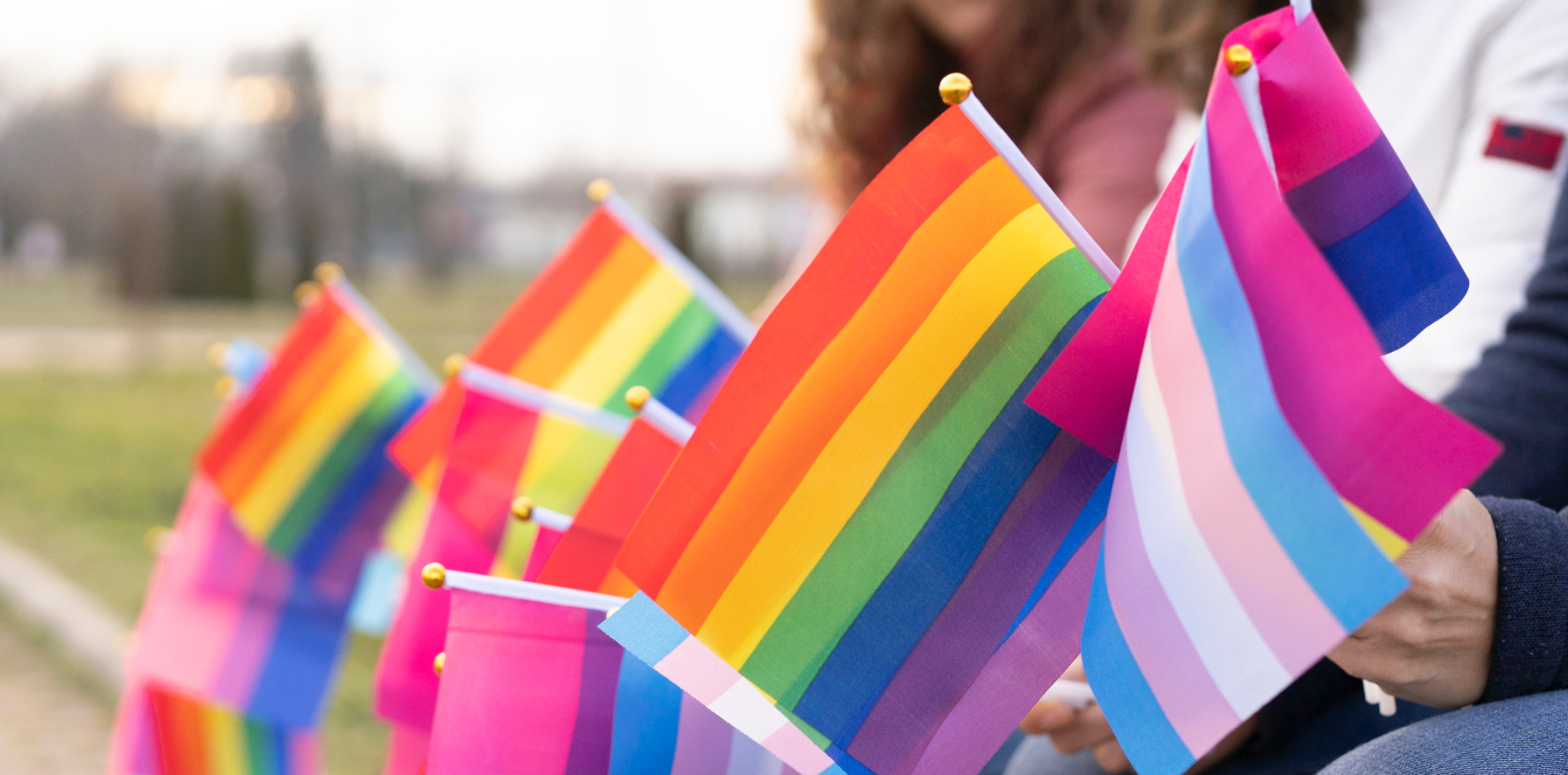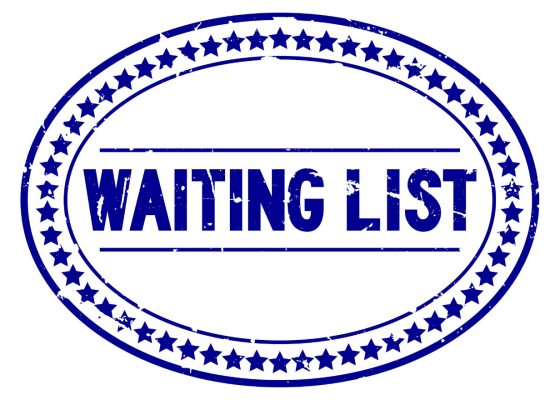The ‘statement of regret’ came after the government agency was dragged to the Human Rights Commission.
The Australian Bureau of Statistics has issued a “statement of regret” over excluding some LGBTQIA+ topics in the 2021 Census.
According to The Mandarin, the ABS was responding to a complaint made to the Australian Human Rights Commission by Equity Australia and April Long.
“The ABS is aware that for some respondents, the absence of questions on their gender identity, variations of sex characteristics or sexual orientation meant that they felt invisible and excluded when completing the Census and in the Census results produced,” said the ABS statement.
“The ABS is also aware that the framing of some 2021 Census questions and certain language used in those questions, and across the history of Australian censuses, was also seen or experienced by some as hurtful, confusing, demeaning and discriminatory.”
The ABS says it is establishing an LGBTQIA+ expert advisory committee to advise the 2026 Census on related questions, with prospective members to be invited this month.
“Members of the LGBTIQ+ Expert Advisory Committee will include people with relevant experience and skills in research, policy, program delivery, service provision and or advocacy on issues related to LGBTIQ+ people,” an ABS spokesperson said.
“Members will be drawn from academia, non-government and government agencies, and also include individuals from the LGBTQIA+ community in order to provide a personal perspective based on lived experience.”
The bureau is also undertaking consultation for the 2026 Census, with submissions from any organisation welcome.
The 2021 Census question on sex had three options: male, female and non-binary sex, with no question on gender. In its analysis of the 2021 Census, the ABS noted that people who provided a write-in response to the sex question included those who identified as non-binary, trans, or intersex, and some included their sexual orientation, suggesting confusion.
“The range of information provided indicates that the question was not consistently answered,” the ABS wrote.
Do you have a story tip for us, or a topic you would like to see us cover? Contact the editor at editor@healthservicesdaily.com.au




